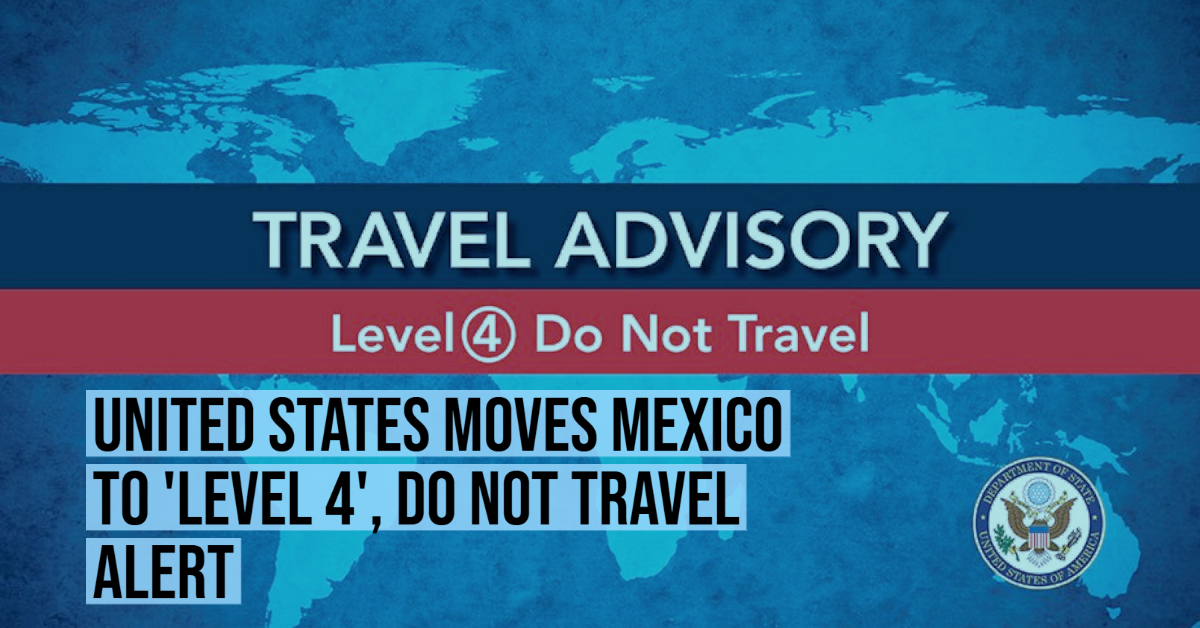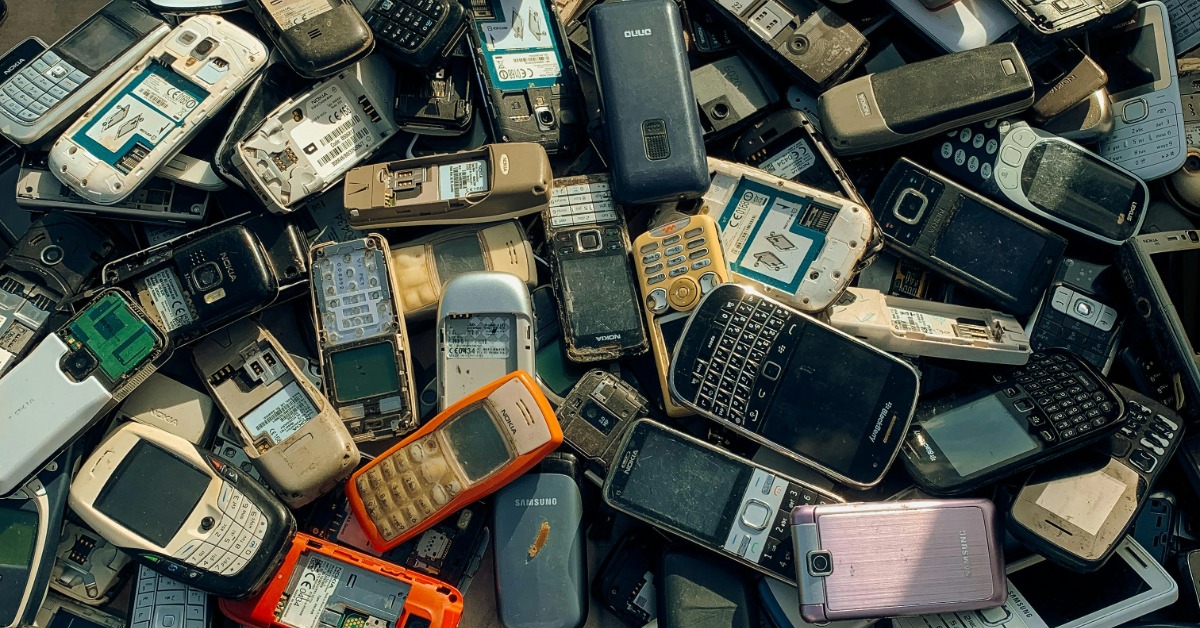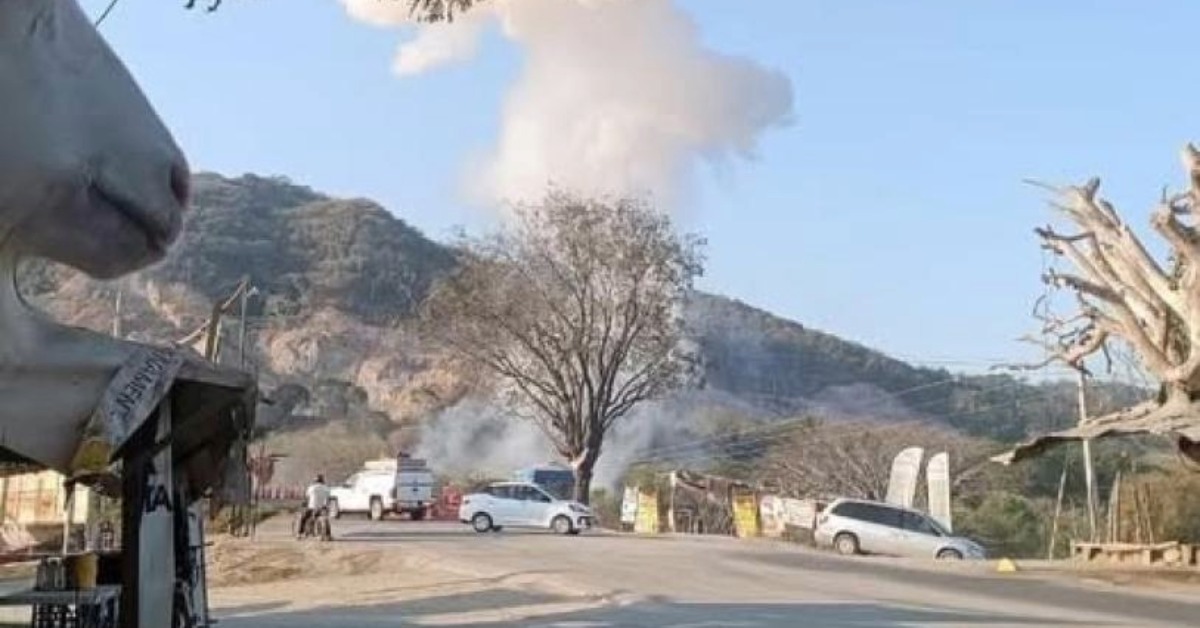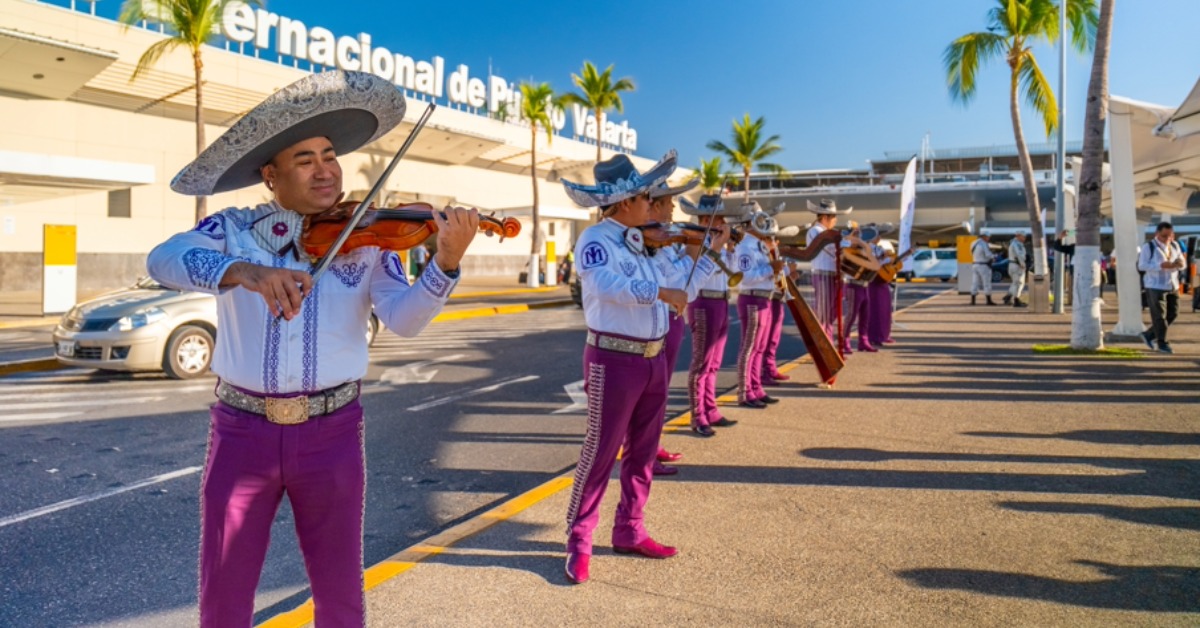The United States government recommended that its citizens not travel to Mexico, not only because of the COVID-19 pandemic, but also because of the increase in crime and kidnappings.
The US State Department updated the travel alert that it reviews every 6 months, where it places Mexico at level 4, where it tells its citizens not to travel to Mexico, and restricts certain travel to State Department employees.
Violent crime – such as homicide, kidnapping, carjacking, and robbery – is widespread throughout Mexico. Armed criminal groups have been known to target and rob commercial vessels, oil . . .






